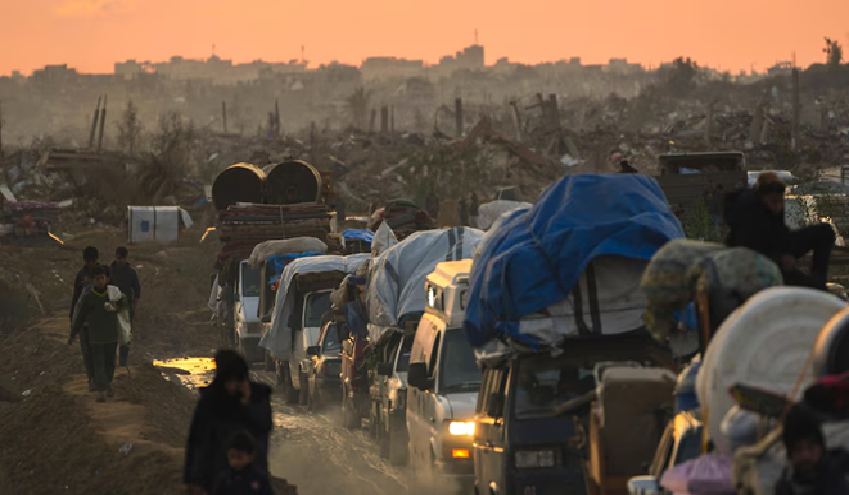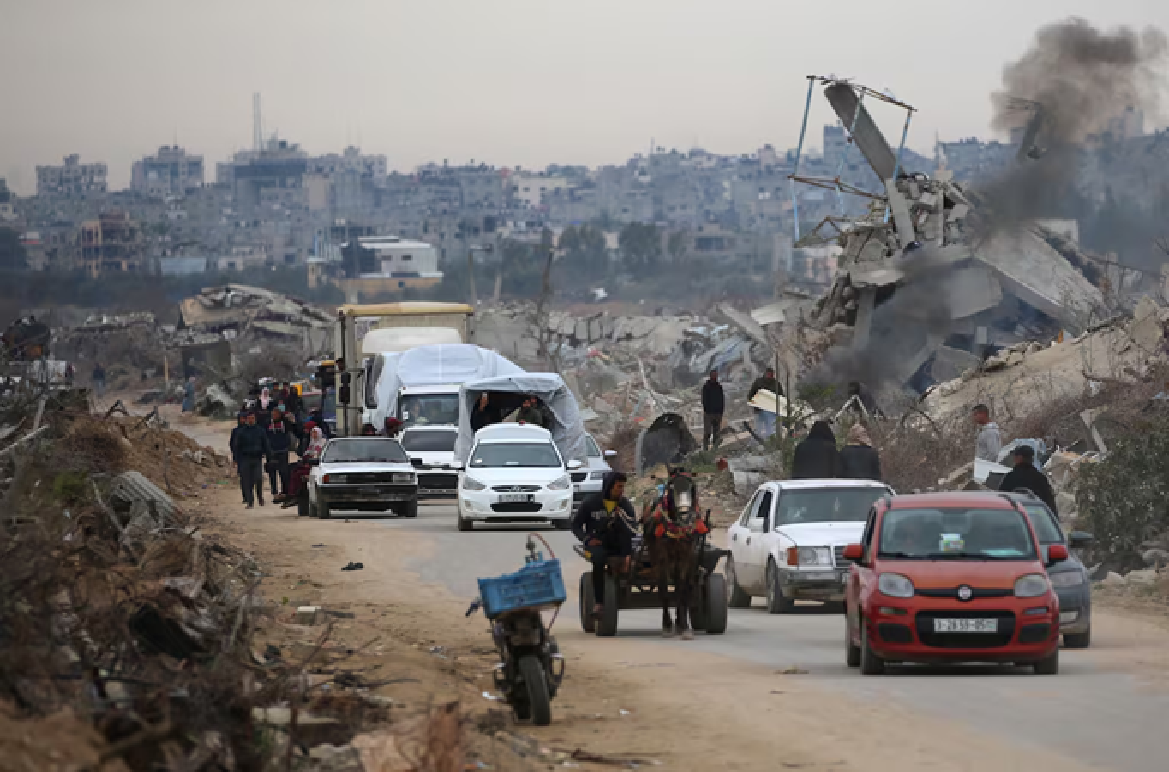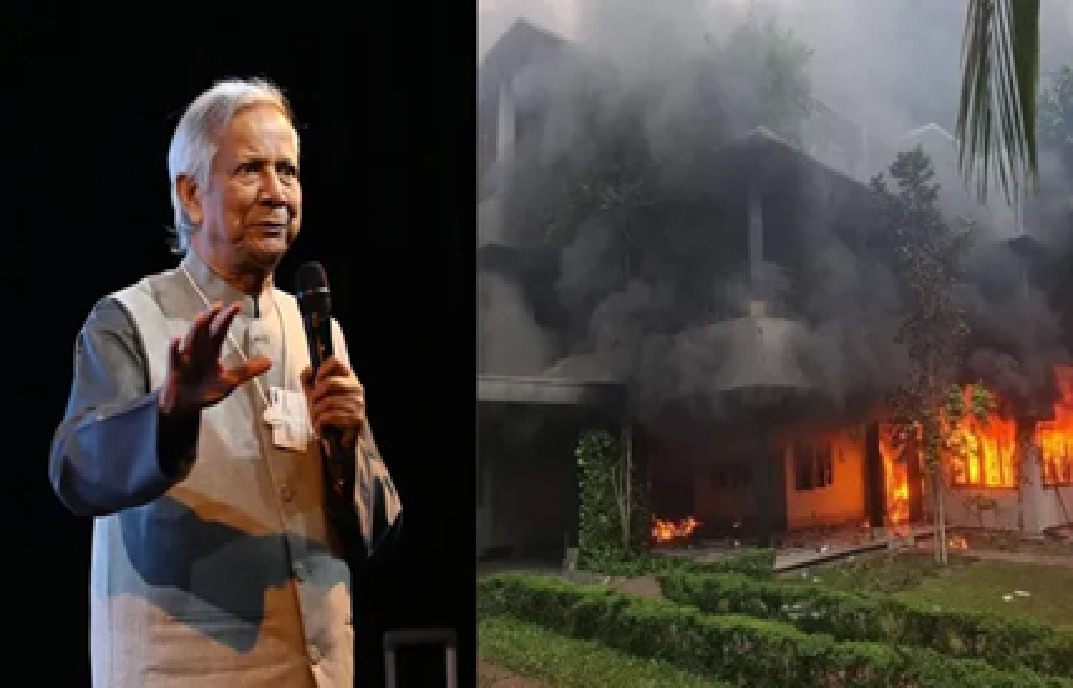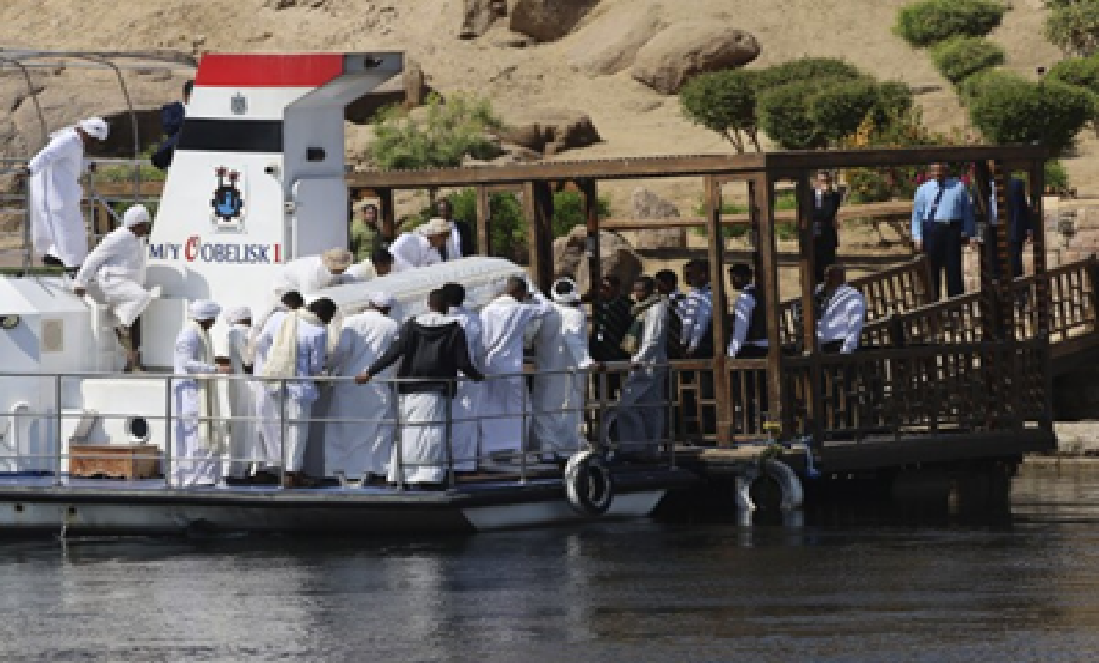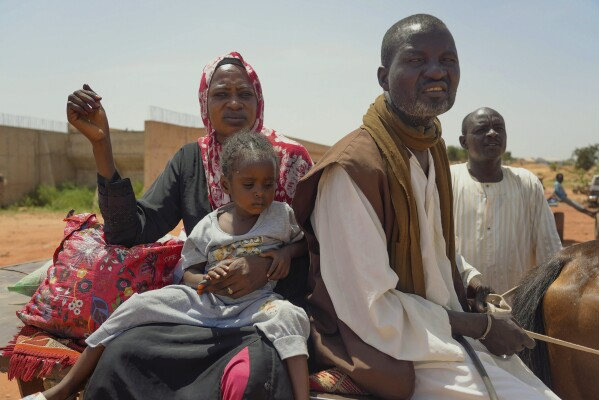
They fled Sudan war but haven't been able to flee hunger
Associated Press Adre: For months, Aziza Abrahim fled from one village in Sudan to the next as people were slaughtered. Yet the killing of relatives and her husband's disappearance aren't what forced the 23-year-old to leave the country for good. It was hunger, she said. “We don't have anything to eat because of the war,” Abrahim said, cradling her 1-year-old daughter under the sheet where she now shelters, days after crossing into Chad. The war in Sudan has created vast hunger, including famine.
It has pushed people off their farms. Food in the markets is sparse, prices have spiked and aid groups say they're struggling to reach the most vulnerable as warring parties limit access. Some 24,000 people have been killed and millions displaced during the war that erupted in April 2023, sparked by tensions between the military and a powerful paramilitary group, the Rapid Support Forces. Global experts confirmed famine in the Zamzam displacement camp in July.
They warn that some 25 million people more than half of Sudan's population are expected to face acute hunger this year. “People are starving to death at the moment ... It's man-made. It's these men with guns and power who deny women and children food,” Jan Egeland, head of the Norwegian Refugee Council, told The Associated Press. Warring parties on both sides are blocking assistance and delaying authorisation for aid groups, he said. Between May and September, there were seven malnutrition-related deaths among children in one hospital at a displacement site in Chad run by Doctors Without Borders, known by its French acronym MSF.
Such deaths can be from disease in hungerweakened bodies. In September, MSF was forced to stop caring for 5,000 malnourished children in North Darfur for several weeks, citing repeated, deliberate obstructions and blockades. US President Joe Biden has called on both sides to allow unhindered access and stop killing civilians. But the fighting shows no signs of slowing. More than 2,600 people were killed across the country in October, according to the Armed Conflict Location & Event Data Project, which called it the bloodiest month of the war.
Violence is intensifying around North Darfur's capital, El Fasher, the only capital in the vast western Darfur region that the RSF doesn't hold. Darfur has experienced some of the war's worst atrocities, and the ICC prosecutor has said there are grounds to believe both sides may be committing war crimes, crimes against humanity or genocide. Abrahim escaped her village in West Darfur and sought refuge for more than a year in nearby towns with friends and relatives. Her husband had left home to find work before the war, and she hasn't heard from him since.
 English daily published in Bengaluru & Doha
English daily published in Bengaluru & Doha


